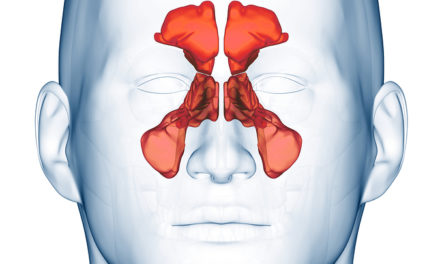
Usual plastic bottles from a household isolated on black – pollution and environment concept
An article appearing in the International Clinical and Nutrition Review (January 1990;10(1):253-258) looked at the role zinc may play in chemical sensitivity. Zinc is a cofactor in over 90 enzymes and it is possible that a zinc deficiency may adversely affect the body’s ability to metabolize xenobiotics. In 200 randomly chosen patients complaining of chemical sensitivities, 54% were found to have low RBC zinc levels.
Central nervous system toxicity manifests in symptoms of mental confusion, dizziness, inability to concentrate and depression. Chronic chemical exposure may lead to these symptoms, but, in a lesser degree, these may be misinterpreted as psychological problems. The article presents a case history of a 53 year old female with persistent headaches who had worked in a factory where she shaped wax forms. She had a complete evaluation by an internist including a CAT scan without any findings. She also received allergy injections without relief. She was told by a family doctor to see a psychiatrist. Her headaches were provoked by trichloroethylene testing. Blood levels of trichloroethylene were documented after work at 26.1. Two weeks at home brought the level down to 18.3. The headaches were less severe at home than at work. RBC zinc levels were found to be low at 870 mcg/dl. She was placed on 105 mg of zinc gluconate daily in divided doses with vitamins and minerals. Within two months zinc levels were corrected to 1060 mcg/dl and she reported symptomatic improvement in her headaches which totally cleared at home. Also improved were leg aches, insomnia, periorbital edema, shakes and jitters. Her serum tetrachloroethylene had dropped to 1.3 mg/dl. On double-blind challenge with the trichloroethylene she had no reaction to two saline challenges. She then reported a headache with an intradermal dose of trichloroethylene which was not cleared with the normal saline and cleared with a neutralizing dose of trichloroethylene. The author reports this case, of presumed chemical sensitivities do to zinc deficiency, as an example of how the correction of a micronutrient can stimulate xenobiotic metabolism of a toxic substance such as trichloroethylene.






